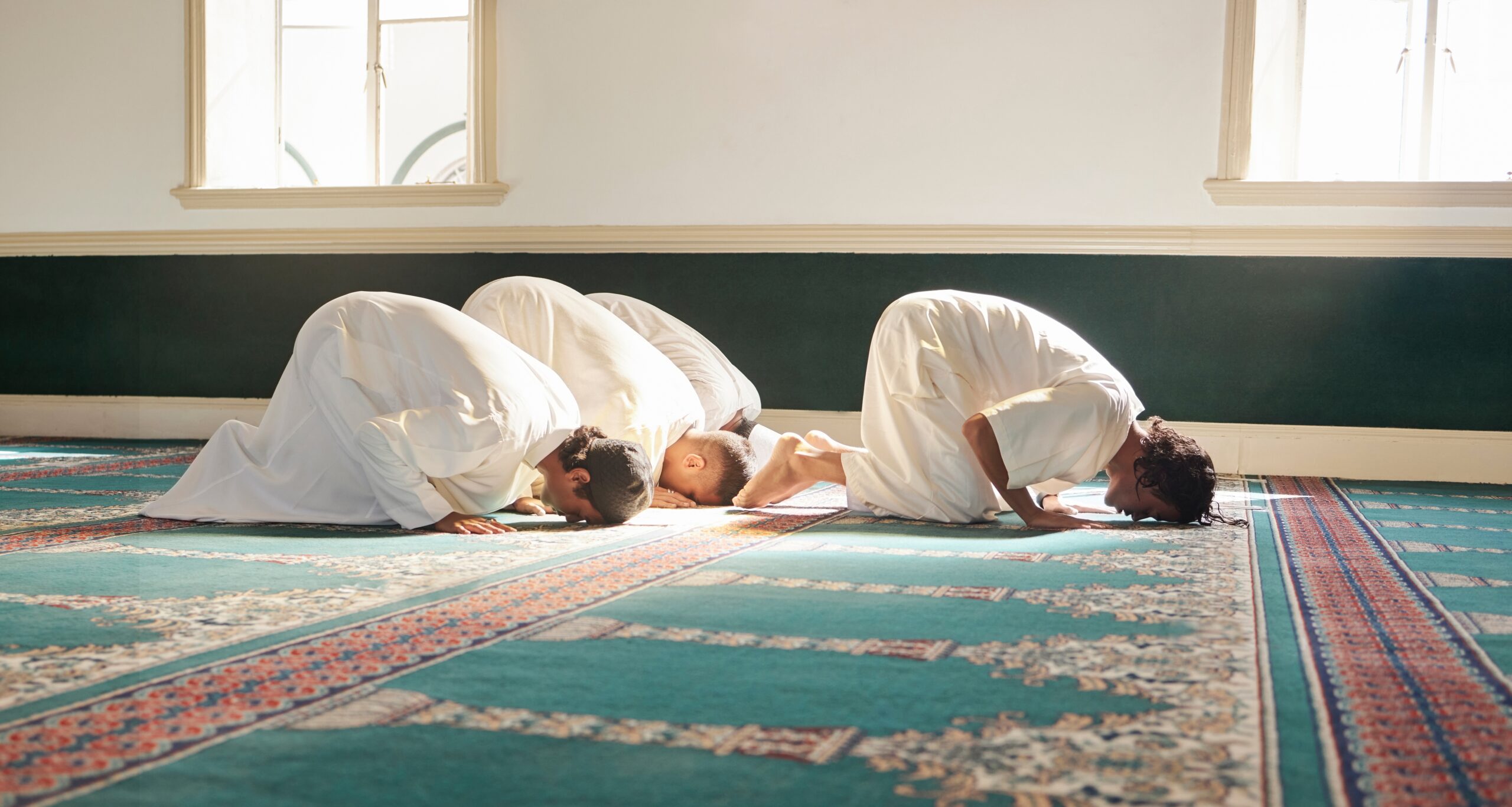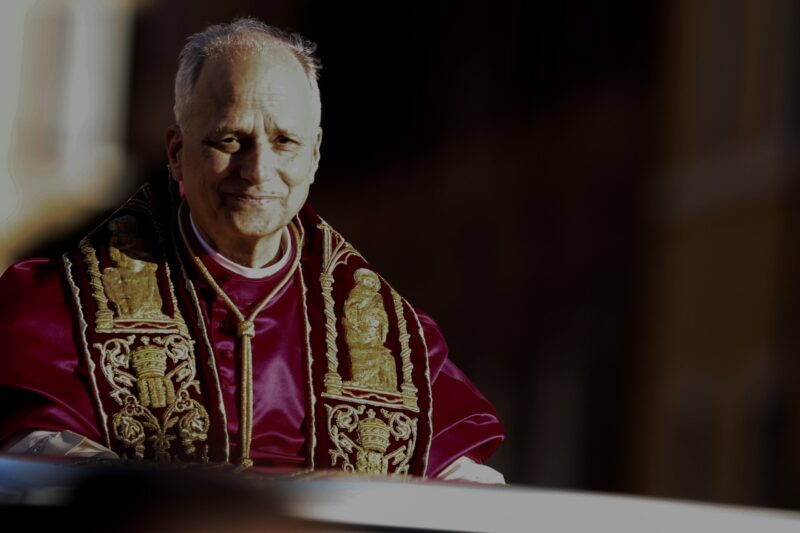The Vatican made the decision to offer a prayer room for Muslim scholars marking a historic moment in interfaith relations. While many see it as a gesture of hospitality and respect, others raise serious theological objections. This article explores the background, responses, and deeper implications of this unprecedented accommodation.
Historical Roots and the Vatican Library
The Vatican Apostolic Library has stood as a center of Christian scholarship since its founding under Pope Nicholas V in 1451. Over centuries, it has collected manuscripts not only from Christian traditions but from across religions and civilizations. The library holds incredibly old Qurans alongside works in Hebrew, Arabic, Ethiopian, and Chinese, testifying to its universal scope.
According to The Catholic Herald,
“Today, the Vatican Library is estimated to contain some 80,000 manuscripts, 50,000 archival items, nearly two million printed books, and more than 100,000 engravings, prints, coins, and medals. New discoveries continue to emerge, including a rare manuscript of Spinoza’s Ethics unearthed in recent years.”
Recently, Muslim scholars visiting the library requested a small space in which to pray. The library granted their request, offering a carpeted area for those moments of worship. According to Fr Giacomo Cardinali, Vice Prefect of the library, this was done simply in response to scholars’ needs. (MORE NEWS: Melania Trump Helps Reunite Ukrainian Children Amid War)
Reactions: Respect, Concern, and Controversy
Unsurprisingly, the announcement sparked immediate reactions across Christian and religious communities. Some welcomed it as a sign of openness, dialogue, and respect toward Islam. They argue that allowing fellow scholars a space to pray fosters goodwill, mutual understanding, and academic freedom.
However, others voiced deep concern and even alarm. Critics see the move as compromising the sacredness of Christian spaces. As one commentary put it, “a place dedicated to preserving Christian truth” should not facilitate worship to beliefs that deny Christ’s divinity. Some warn that such gestures may lead toward religious compromise or syncretism—blending of religions. They fear that the boundary between hospitality and endorsement becomes dangerously thin when worship is permitted within Christian precincts.
Theologically, the criticism draws on passages like Exodus 20:3, “You shall have no other gods before Me,” and 2 Corinthians 6:14, “What fellowship has righteousness with lawlessness?” For critics, welcoming prayers to a different god within Vatican walls inches into problematic territory.
Supporters counter that the Vatican Library is not a sanctuary in the liturgical sense, but a research institution; its purpose is not worship but scholarship. They argue that accommodating Muslim scholars does not equate to endorsing their theology. Rather, it affirms respect for academic inquiry and human dignity.

The Deeper Implications
Beyond the surface-level dispute, this decision touches on issues of identity, theology, and the mission of the Church in a pluralistic world.
Sacred vs. Secular Spaces
This case forces a rethinking of what is “sacred” and who defines that. While the Vatican Library is a deeply Christian institution, its role is largely intellectual and archival rather than sacramental. That ambiguity opens a space for debate: Does a prayer room transform the library into a shared worship space? Or does it remain what it has always been—a scholarly site that simply accommodates scholars’ needs?
Boundary of Hospitality
Christian tradition emphasizes hospitality, yet always with limits. The question here is whether creating a worship space goes beyond mere hospitality into compromise. Where do we draw the line between welcoming and enabling? How can the Church affirm its own convictions while extending respect to others?
Precedent Setting
This act may set a precedent. If other Christian institutions follow suit, what standards will govern such accommodations? Who will decide when, where, and how worship by non-Christians is permitted within Christian spaces? Over time, small concessions can accumulate into significant shifts in institutional culture.
Looking Forward: Questions and Paths Ahead
As this decision unfolds publicly, several key questions deserve attention:
- Clarity of purpose: Will Vatican leadership issue a formal theological statement clarifying that hosting a Muslim prayer room does not imply doctrinal endorsement?
- Scope and boundaries: Will Muslims be allowed to pray only within limited times, areas, or under certain restrictions, or will more expansive worship follow?
- Response from local Christian communities: How will dioceses, parishes, and laity interpret and respond to this development?
- Future accommodations: Might other faiths request similar access? How will the Church respond to requests from, say, Hindu, Buddhist, or Sikh scholars?
- Dialogue outcomes: Could this gesture lead to formal conversations about shared values, theological disagreements, and joint social action?
Final Word
The Vatican Library’s granting of a prayer room for Muslim scholars is a bold and risky move—a dangerous crossing of sacred boundaries.
In reality, this decision raises an uncomfortable question: would the same courtesy ever be extended in reverse? In most Muslim countries, Christian worship is forbidden in mosques and often even restricted in public. The Vatican’s choice highlights a striking contrast—one faith showing extraordinary accommodation, while the other would not allow similar access. For many believers, that imbalance is precisely why discernment and conviction are so essential when faith and diplomacy meet.
Forget the narrative. Reject the script. Share what matters.
At The Modern Memo, we call it like it is — no filter, no apology, no corporate leash.
If you’re tired of being lied to, manipulated, or ignored, amplify the truth.
One share at a time, we dismantle the media machine — with facts, boldness, and zero fear. Stand with us. Speak louder. Because silence helps them win.


